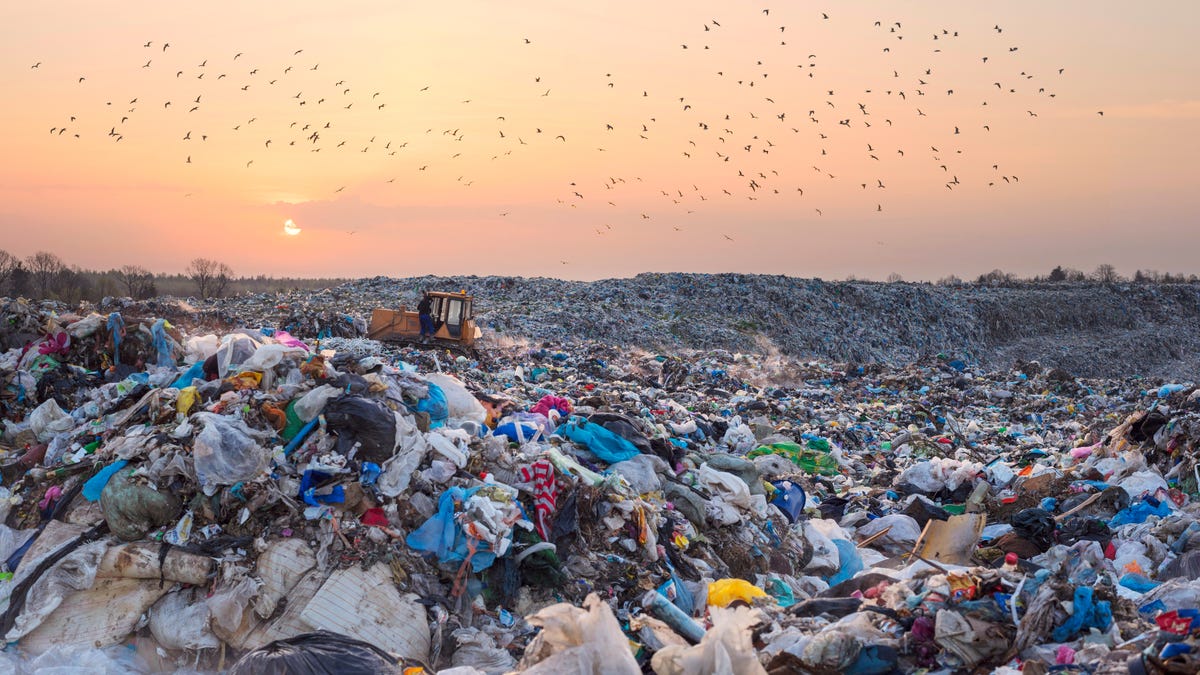This article was first published by Grist. To receive Grist’s weekly newsletter, you can sign up here. Coastal Animals Are Flourishing Due to Plastic Pollution in the Pacific Ocean | Extreme Earth
In just four seconds, the world produces nearly 60 metric tons of plastic, primarily derived from fossil fuels. This amounts to around 53,000 metric tons per hour, 1.3 million metric tons per day, or 460 million metric tons annually. These staggering figures are contributing to the widespread contamination of the Earth’s oceans, rivers, and land with plastic waste.
In March 2022, the United Nations’ 193 member states met in Nairobi, Kenya, and committed to negotiating a treaty to “end plastic pollution” by 2025. The most ambitious proposal put forth by member states so far would require petrochemical companies to cap global plastic production, a move that poses a significant challenge to these industries.
Despite the potential threat to their interests, petrochemical companies claim to support the treaty and are actively involved in championing it. However, their specific demands from the treaty remain somewhat vague, as outlined in various policy documents and public statements from industry trade organizations.
While industry proposals fall short of the expectations of high-ambition countries and advocacy groups, they do focus on enhancing recycling and waste collection efforts. According to a policy analysis tool developed by researchers at the University of California, these industry-supported measures could lead to a considerable reduction in plastic pollution by 2050.
The influence of the plastics industry on the treaty negotiations appears to be growing stronger, with a significant number of lobbyists participating in recent talks and promoting solutions aligned with industry interests. The industry’s vision for the treaty revolves around promoting plastics circularity and increasing recycling rates to ensure that plastic remains a valuable resource in the economy.
Industry groups are advocating for mandatory recycling rates, higher recycled content targets, and technology-neutral approaches to recycling. These policies aim to create a more sustainable market for recycled materials and reduce dependence on fossil fuels used in the production of virgin plastics.
Overall, the industry’s stance on the plastics treaty underscores the importance of balancing environmental concerns with the economic and social benefits derived from plastic products. As negotiations continue, the role of industry interests in shaping the final agreement remains a critical factor to consider.

